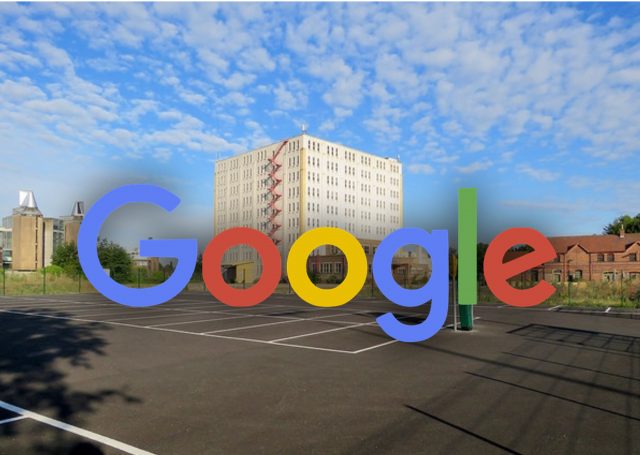(COLUMBUS, Ohio) — Ohio and 39 other states have reached a $391.5 million multistate settlement with Google over the company’s deceptive location-tracking practices – the largest multistate privacy settlement in U.S. history, Ohio Attorney General Dave Yost announced today.
“Using someone’s phone to track them against their wishes is just plain creepy – and the behavior is no better from a giant corporation,” Yost said. “This settlement will put an end to Google’s stalking for profit.”
The coalition of attorneys general opened the Google investigation after receiving reports of Google tracking user locations even after users had “turned off” the location-tracking feature in their account settings. The investigation revealed that location tracking wasn’t truly disabled unless a user also turned off “Web & App Activity,” a lesser-known setting that also tracks location; it defaulted to “on.”
Location data is a key part of Google’s digital-advertising business. The company uses the personal and behavioral data it collects to build detailed user profiles and to target ads, in turn making Google a profit.
The attorneys general found that Google had violated Ohio’s Consumer Sales Practices Act and other states’ consumer protection laws by misleading consumers about its location-tracking practices since at least 2014.
Specifically, Google confused users about the scope of its Location History setting, veiled the purpose of the Web & App Activity setting, and misled consumers who use Google products and services about the extent to which they were limiting the company’s location tracking through setting adjustments.
The settlement requires Google to be more transparent by:
- Showing additional information to users when they turn a location-related account setting “on” or “off.”
- Making key information about location tracking unavoidable for users (i.e., not hidden).
- Giving users detailed information about the types of location data that the company collects and how it’s used on an enhanced “Location Technologies” webpage.
The settlement also limits Google’s use and storage of certain types of location information and requires Google account controls to be more user-friendly.
Separate from this settlement, Attorney General Yost is pursuing another historic Google lawsuit – one involving self-preferencing by Google Search and suggesting that the search-engine giant should be subject to common carrier laws.












